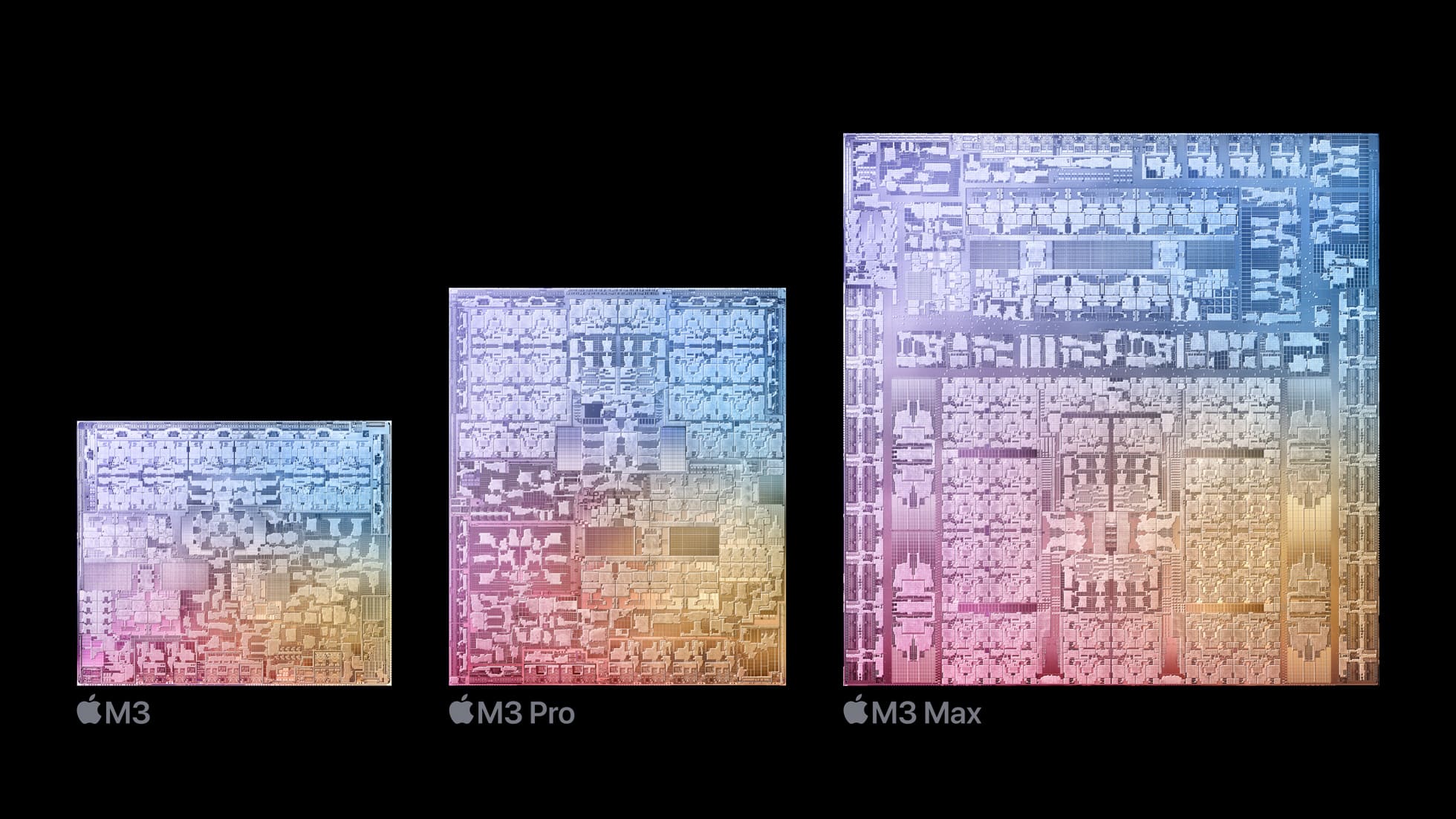In a strategic move to revitalize its computer sales, Apple is preparing a complete overhaul of its Mac lineup, incorporating the new M4 family of processors designed to enhance artificial intelligence (AI) capabilities. These changes, set to begin in late 2024 and extend into early 2025, represent a significant effort by Apple to stay competitive in the fast-paced tech market.
New Features and Models
The upcoming M4 chip family, currently in the final stages of production, will include at least three main variants: the entry-level Donan model, the high-performance Brava, and the top-end Hidra. Apple plans to update each Mac model with these new processors, starting with the iMacs, MacBook Pros, and Mac Minis, followed by the MacBook Airs, Mac Studio, and Mac Pro.
Impact on Sales and Competitiveness
After reaching a peak in 2022, Mac sales decreased by 27% in the last fiscal year ending in September. In an effort to revive the Mac business, Apple held an event in October focused on the M3 chips, though these did not offer a significant performance improvement over their predecessor, the M2.
Challenges and Opportunities in AI
Apple also aims to close the gap in the field of artificial intelligence, where it has lagged behind competitors like Microsoft and Google. The new M4 chips are part of a broader effort to integrate AI capabilities into all its products, including an AI-focused update for this year’s iPhone processor.
Expectations for the Future
Apple is expected to begin rolling out the updated computers later this year, with a lineup including new iMacs, a low-end 14-inch MacBook Pro, high-end 14 and 16-inch MacBook Pros, and Mac minis with M4 chips. Apple also plans to continue with further M4 Mac updates throughout 2025, including improvements to 13 and 15-inch MacBook Airs, the Mac Studio, and the Mac Pro.
Innovations at the Developer Conference
In June, during Apple’s annual developer conference, the company is expected to unveil a series of new features centered around AI, many of which will run directly on devices thanks to the faster new chips. This approach underscores Apple’s dedication to keeping its product line at the forefront of technological innovation and effectively responding to the changing needs of its users.

